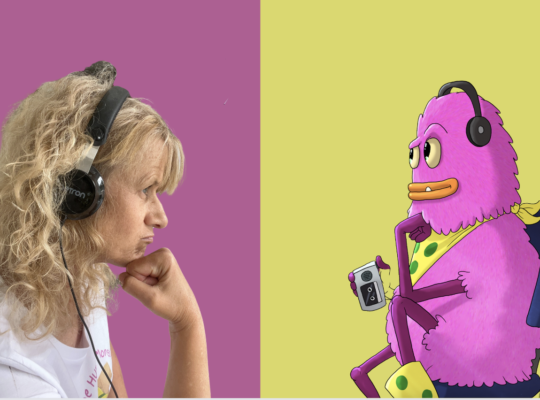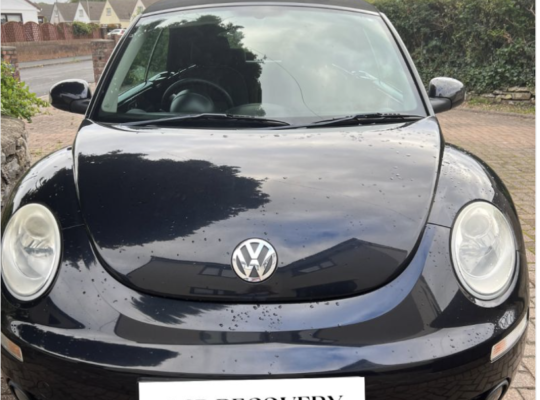
What Triggers Childhood OCD?
If you’re wondering ‘what triggers childhood OCD’, you’re not alone.
Obsessive-Compulsive Disorder, OCD, can be really tough for children and their families.
One of the biggest challenges is understanding what triggers childhood OCD.
In this blog, I will cover:
- Examples of childhood OCD triggers and compulsions
- How obsessive-compulsive disorder can affect a child’s life
- How to get an official diagnosis
OCD Triggers
One of the biggest triggers for a child developing OCD is anxiety and stress- especially around school or big life changes.
Examples of what can trigger childhood OCD include:
- Up and coming tests at school or needing to complete tasks perfectly
- The death of a loved one
- Parents divorcing
- Changing schools or moving home
- Environmental factors such as a pandemic
Accidents or making small mistakes can also trigger OCD behaviour. Things like:
- A child spilling a drink
- Getting poor results in a test
- Becoming the the unwanted centre of attention
All could lead to a child fixating on a fear that something bad will happen and lead to them carrying out compulsions.
Compulsions can be physical or mental and are carried out in an attempt to avoid a repeat episode of the discomfort they felt during these events.
The uncertainty and unpredictability around these situations can create anxiety that leads to obsessive thoughts and compulsive behaviours.
What do OCD compulsions look like?
Examples of compulsions
- Excessive washing of hands, showering or cleaning surfaces
- Mentally reciting phrases or praying over and over
- Compulsions around eating, such as restricting food or counting calories
- Checking things over and over
- Counting or tapping
Other factors that can trigger OCD in a child include:
- Conflict or emotional upset
- Being singled out, criticised or misunderstood
- Separation anxiety when parted from parents or caregivers
OCD doesn’t always have a trigger
It’s important to bear in mind that childhood OCD doesn’t always have a trigger.
Sometimes the disorder can emerge without an obvious cause.
And while triggers can make OCD symptoms worse, they don’t always cause the disorder as OCD often can be caused by genetic factors or learnt behaviour.
What Triggers Childhood OCD and How Can It Affect a Child’s Life?
Obsessive-compulsive disorder (OCD) can significantly affect a child’s emotions and social and academic well-being.
Children with OCD often experience intrusive thoughts (obsessions) that cause anxiety and lead to repetitive behaviours or mental rituals (compulsions) in an attempt to reduce distress.
Children with OCD can also struggle to maintain friendships for a number of reasons including:
- Time-consuming compulsions.
- Avoiding situations or places associated with their anxiety.
- Wanting to keep OCD private from their peers due to embarrassment and fear of being judged.
OCD can also interfere with a child’s ability to focus, complete tasks or manage time effectively.
This can lead to them falling behind with schoolwork, arriving late for events, or cancelling last minute.
Additionally, obsessive-compulsive disorder can result in low mood, irritability and fatigue and can lead to low self-esteem.
How To Get A Child Diagnosed For OCD
If you suspect a child is demonstrating OCD behaviours, here is what you need to do:
Consult with your family doctor who will ask questions and carry out an initial assessment to rule out any other conditions.
If your family doctor suspects that your child’s behaviour is triggered by OCD, they will refer you to a child psychologist or psychiatrist.
They will then evaluate your child’s behaviours and thoughts and officially diagnose OCD.
Your child will then be provided with a treatment plan which will involve therapy.
The most effective therapy for childhood OCD is ERP (exposure-response prevention) therapy.
What is ERP therapy?
ERP therapy is a type of cognitive behavioural therapy where children learn to face their fears in a controlled and gradual way without resorting to compulsions.
ERP therapy takes time and patience, but with the right support, your child can start to feel better by learning how to manage OCD.
What Triggers Childhood OCD: Summary
If you notice your child’s symptoms are getting worse in certain situations, here are a few steps you can take:
- Speak to a mental health professional who will come up with a treatment plan ( and medication if required).
- Find ways to manage anxiety at times when anxiety and OCD behaviours are likely to be triggered.
- Stay consistent with the treatment plan and celebrate any wins, however small.
Are you struggling to support a child with OCD?
Parenting OCD in Teenagers- My Digital Handbook
After helping my teenage daughter manage OCD and lead a more fulfilling life, I am now on a mission to try to help teenagers and parents avoid the struggles we faced.
One of the ways that I do this is through my Parenting OCD in Teens and Tweens Digital Handbook, which I have uploaded to the Payhip platform so that parents can download it right away and start working through the strategies at their own pace.
What’s included in the Handbook?
The workshop consists of over 100 pages broken up into six easy-to-follow chapters as detailed below:
- Understanding OCD including OCD triggers
- Managing Anxiety
- Challenging OCD through communication and therapy
- Overcoming Challenges
- Protecting relationships and getting support
- Parenting A Teen Or Tween With OCD- Recap
What’s the cost of the Parenting OCD in Teens and Tweens Digital Handbook?
At the time of writing, my ‘Parenting OCD in Teens and Tweens Digital Handbook ‘is available for a one-off cost of just £15.
What can you expect from the handbook?
What I will say is that for just £15, you will get access to the following:
- What I learnt during six years of supporting my teenage daughter with therapy condensed into ONE convenient handbook, which you can use to start managing OCD while waiting for professional therapy
- Heaps of examples of different ways to introduce ERP therapy, broken down into quick examples.
- Examples of how to ease a teen’s discomfort as they begin to expose themselves to their greatest fears include using distraction and offer ‘sweeteners’
- Strategies shared from a parent’s perception (and language) rather than a professional therapist’s
- Ways to help protect relationships and siblings from OCD
- Tasks to help make challenges easier, including creating your OCD character
- Examples of ways to manage anxiety and stop other OCD themes from creeping in.
All this for a one-off price of £15.
Click here to get access to the Parenting OCD In Teens and Tweens Digital Handbook TODAY.






